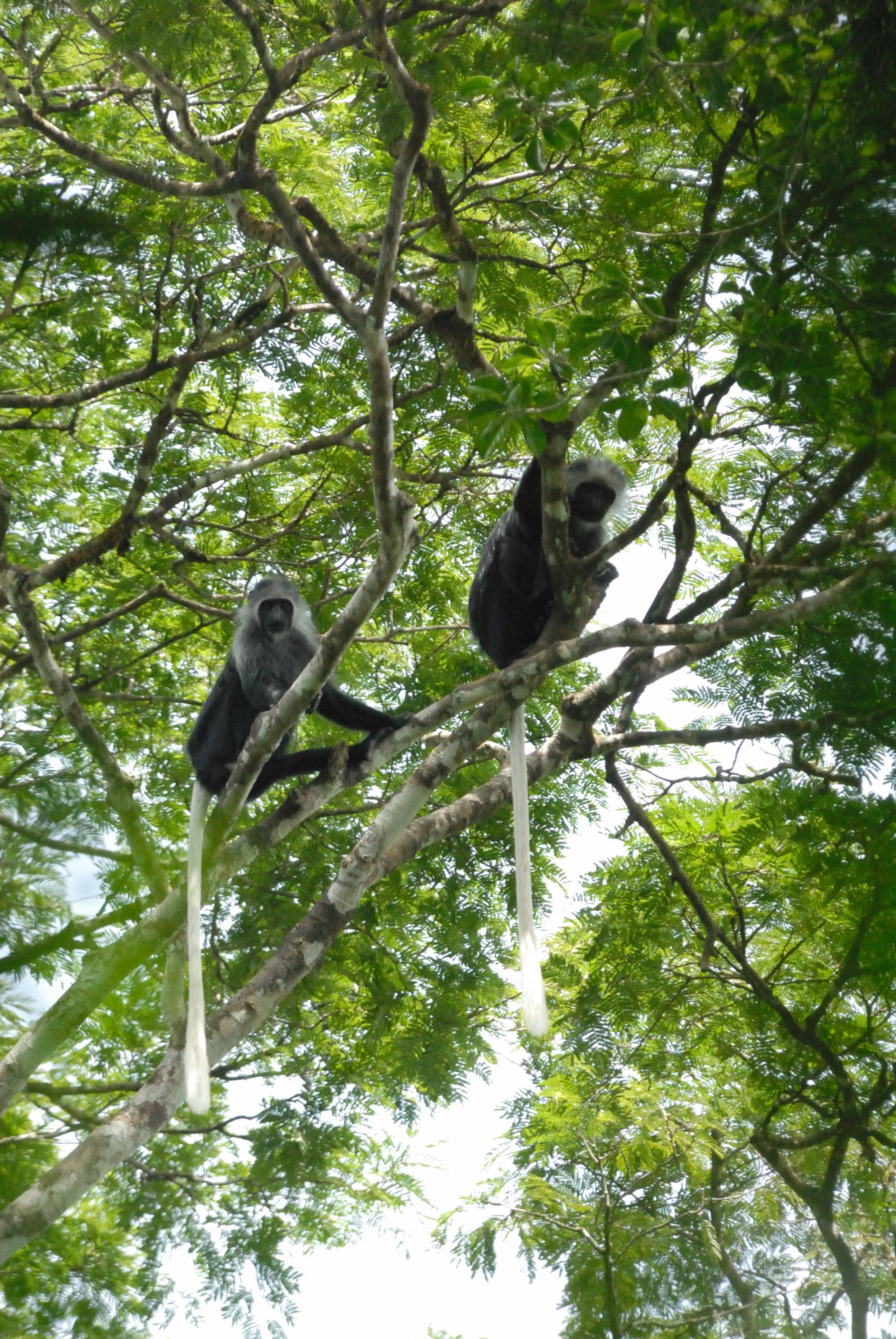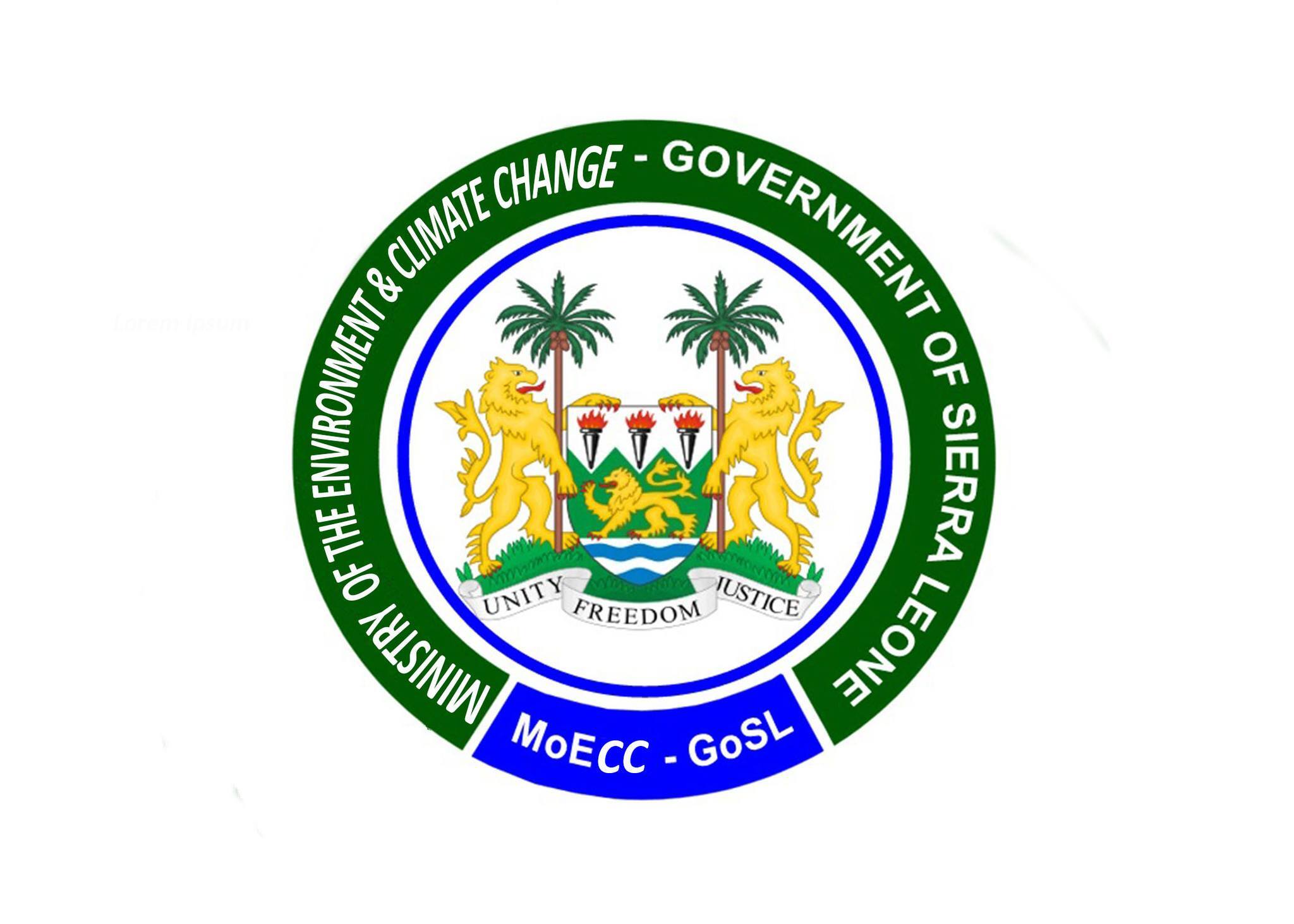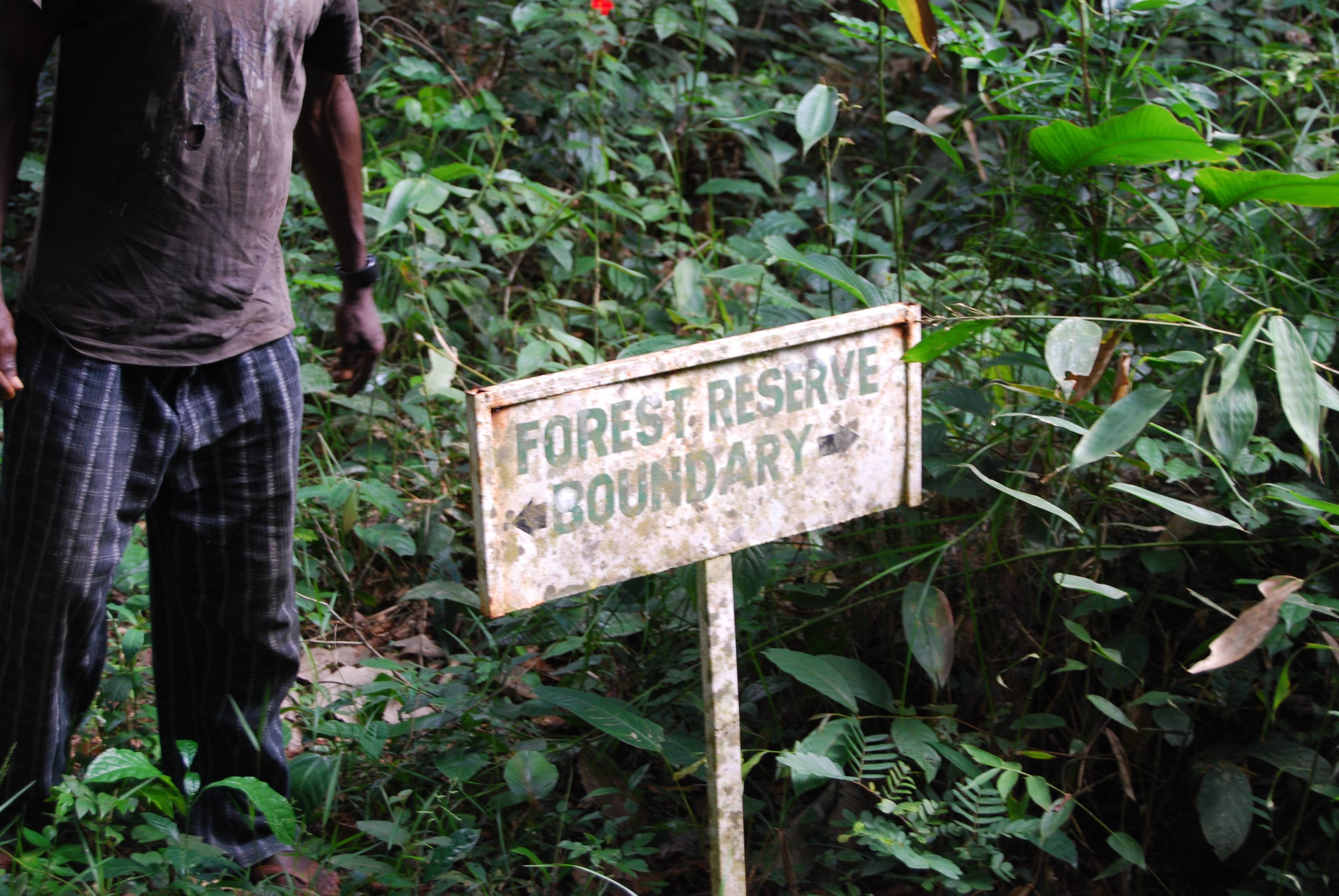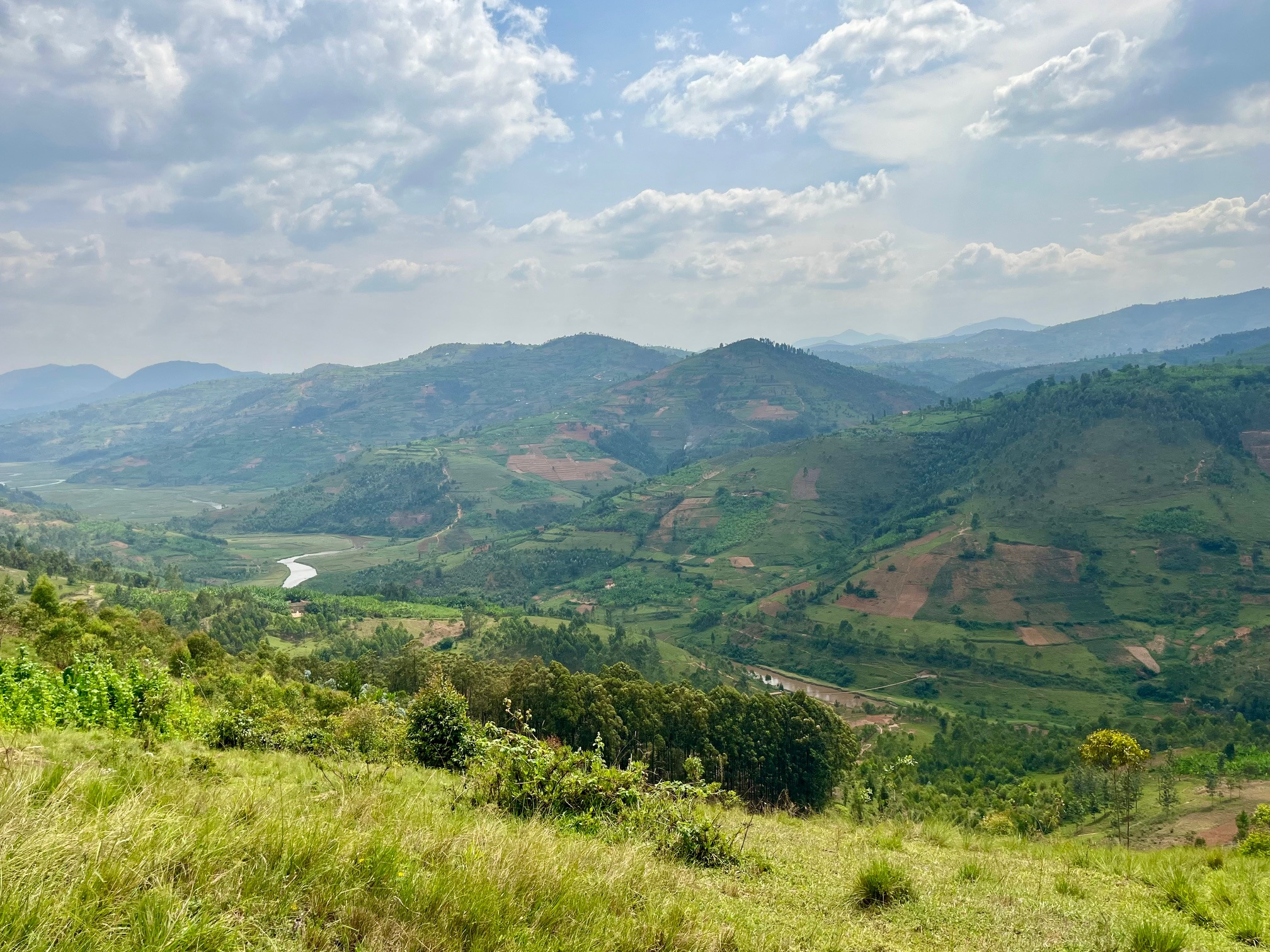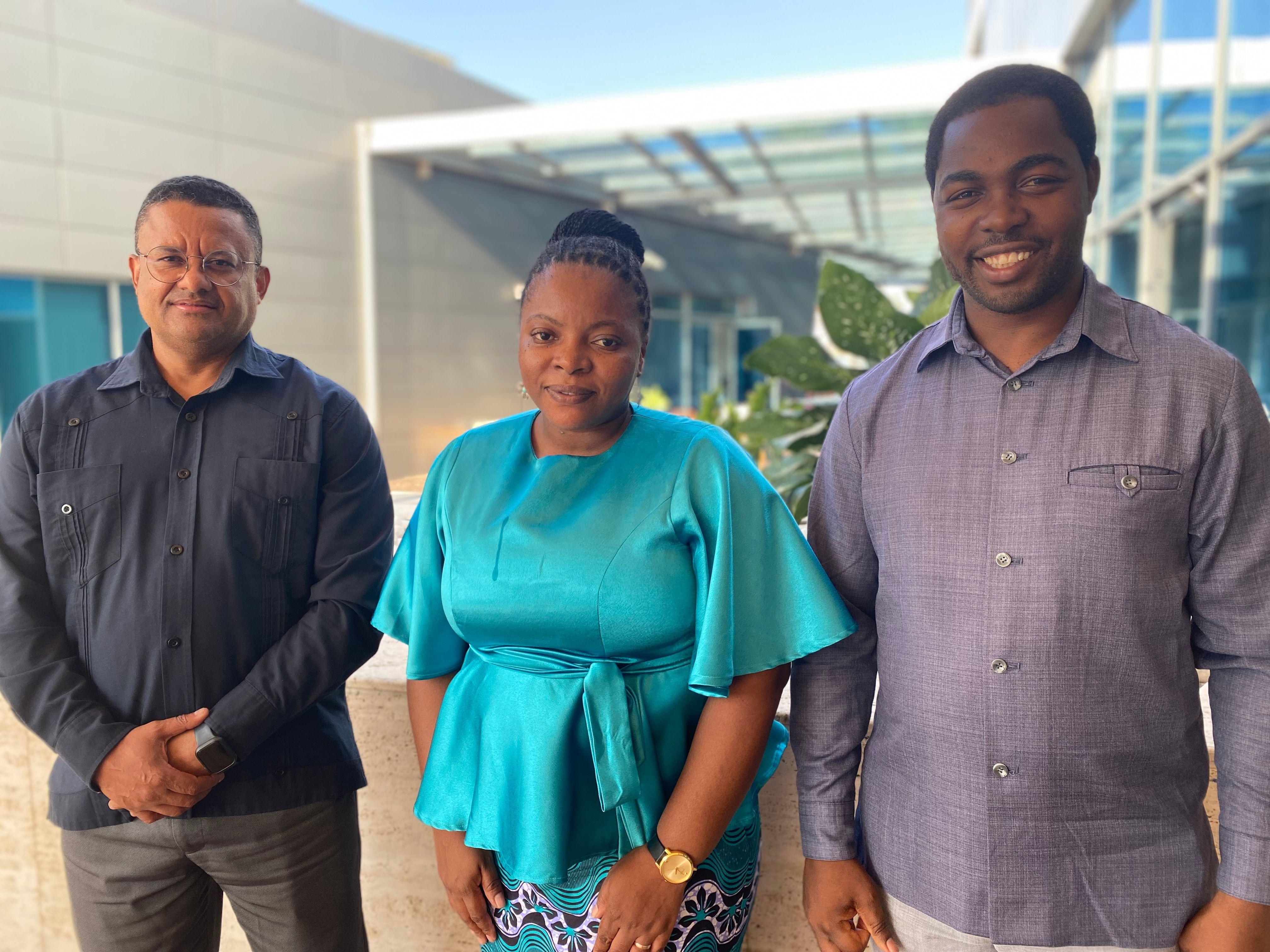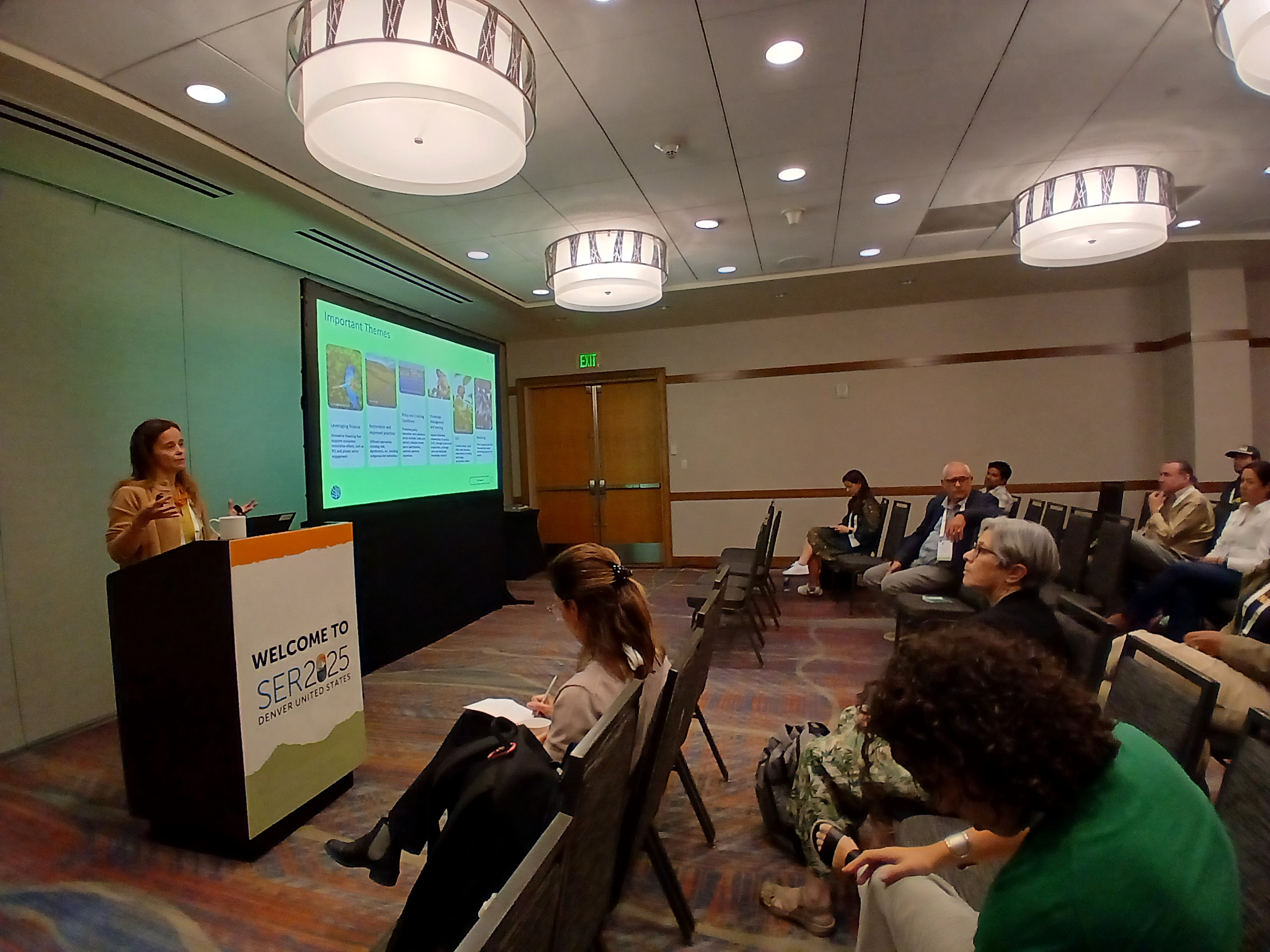Restoration Ambition
The project is set to advance sustainable land management by introducing innovative financing for integrated climate resilience in Koinadugu and Falaba districts. It targets degraded forests and land systems, aiming to improve the livelihoods of communities that depend on these landscapes and to strengthen institutional capacity for restoration and land governance.
The focus will be on creating enabling conditions through the development of policies, laws, and regulations, alongside institutional strengthening. Restoration activities will include building community capacity, improving the management of national parks, and supporting sustainable alternative livelihoods. The project will mobilize finance by piloting new financing mechanisms and promoting gender-progressive ecotourism.
Knowledge exchange, experience sharing, and safeguards management will be central to the project’s learning and knowledge management approach.
Photo credit: © Conservation International/photo by Russell A. Mittermeier

